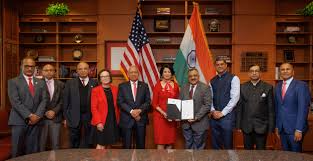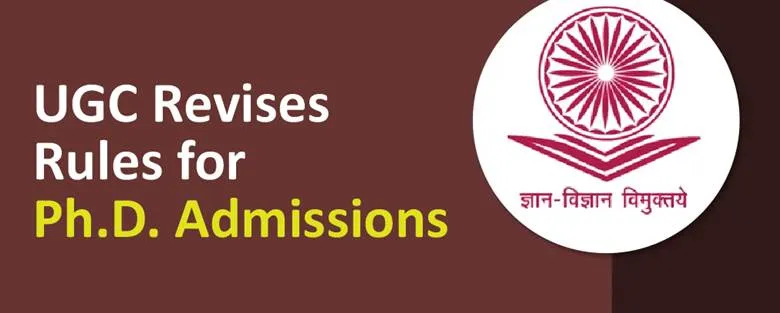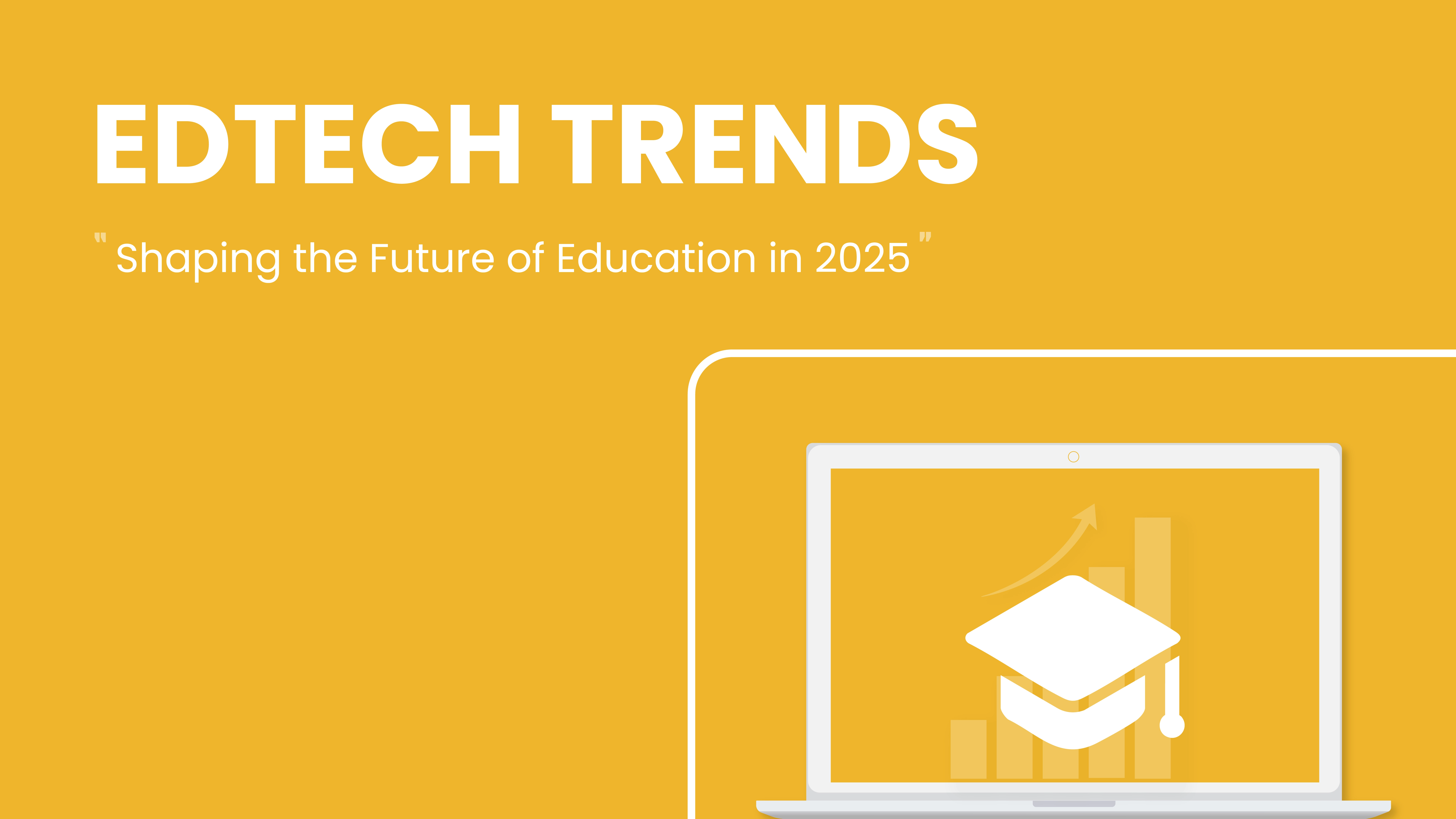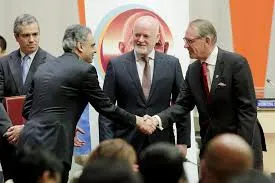DTU UH sign 5‑year educational partnership agreement
DTU UH Forge Five Year Educational Alliance to Propel Global Engineering Education
1. Launching a Cross Continental Academic Venture
Delhi Technological University (DTU) and the University of Houston (UH) have inaugurated a groundbreaking five year academic partnership, blending DTU’s reputation in engineering innovation with UH’s strengths in energy systems, urban sciences, and biomedical technologies. Far beyond a standard memorandum of understanding, this alliance forms a multilayered strategic bridge designed to merge educational frameworks, research ambitions, entrepreneurial ecosystems, and global minded graduates.
2. Dual Degree Programs and Semester Exchanges
At the heart of this partnership lies the introduction of dual degree programs in engineering disciplines, launching in early 2026. Select DTU bachelor’s students can now finish their degree partially in Delhi and complete their studies at Houston earning full credentials from both institutions within four years. Likewise, UH undergraduates and graduate students are eligible to spend a semester at DTU, gaining international project experience and exposure to India’s fast paced innovation landscape, enriching their academic and cultural perspectives.
3. Collaborative Research Hotspots
Anchoring the alliance is a commitment to shared research, particularly in areas of mutual interest smart energy grids, clean water systems, sensor based health diagnostics, and climate resilient infrastructure. Both universities plan to launch joint labs at each campus, supported by shared funding from U.S. India funding programs and international foundations. Researchers will co author studies, co supervise Ph.D. students, and co invent intellectual property boosting both educational impact and real world solutions.
4. Co Innovation Labs and Technical Incubation
Plans include the development of cross institutional innovation hubs, where students and faculty from either side can collaborate in hybrid co working spaces focused on real world challenges such as urban air quality, food supply chain resilience, and energy storage solutions. These labs will offer mentorship, prototyping tools, and industry engagement, particularly aligning with Houston’s global energy network and New Delhi’s smart city testbeds.
5. Faculty Cross Pollination and Professional Development
A significant feature of the partnership is faculty exchange. Departments from both universities will conduct joint teaching stints renewably every year where leaders in AI, robotics, materials, and energy sciences cross train students. These exchanges support knowledge transfer, pedagogical innovation (such as project based learning and flipped classrooms), and collaborative grant proposals. The expected result a collaborative faculty culture threaded across oceans and disciplines.
6. Industry and Community Engagements
In tandem with academic collaboration, both institutions are coordinating to boost industry partnerships and internships. Texas’ multinational energy, engineering, and aerospace firms coupled with Delhi’s innovation driven ecosystem will offer student placements tied directly to course projects. These programs aim to position graduates as work ready professionals who have already contributed to high stakes, real world problem solving before graduation.
7. Operationalization and Governance
A joint steering committee with equal representation from DTU and UH has been formed to guide implementation, monitor milestones, and manage budgets. Key metrics include enrollment numbers in exchange and dual degree programs, joint research output (papers, patents), lab startups, and student placement rates. Annual reviews are planned, ensuring momentum, adapting to challenges, and identifying opportunities to expand into new domains like cybersecurity or sustainable mobility.
8. Long Term Impact and Strategic Vision
By facilitating collaborative academic models, shared research, and transcontinental mobility, the DTU University of Houston alliance aims to redefine global education. It positions students as agents of change in technology and society, faculty as co creators in international teams, and institutions as dual nation innovation hubs. Beyond short term achievements, this five year framework lays the foundation for enduring curricular alignment, joint accreditation pathways, and lifelong global engagement enhancing leadership in an interconnected world.
In summary, this partnership crystallizes a vision of globalized engineering education integrated, collaborative, and attuned to societal challenges. As the first cohorts cross the continents, the success of this model may chart a path for future educational diplomacy where knowledge, innovation, and cultural exchange become synonymous with impact.






 Djokovic advances vs. Sinner at Wimbledon
Djokovic advances vs. Sinner at Wimbledon  India Joins Global Climate Accord
India Joins Global Climate Accord  Trump imposes 35% tariff on Canada and hints at broader 15 20% tariffs
Trump imposes 35% tariff on Canada and hints at broader 15 20% tariffs  Stevens Point, Wisconsin tests storm sirens during scheduled upgrade maintenance
Stevens Point, Wisconsin tests storm sirens during scheduled upgrade maintenance  Heavy Snowfall Transforms Kashmir Valley After Dry Spell
Heavy Snowfall Transforms Kashmir Valley After Dry Spell